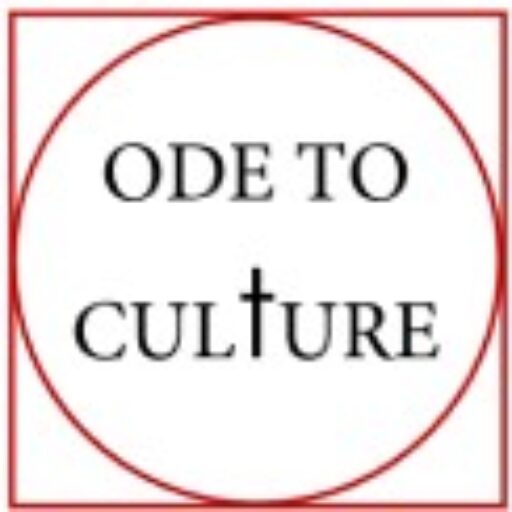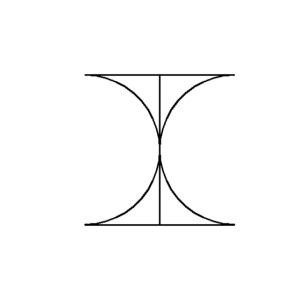Prompt 42: October 1, 2024
The Prompt:
Our earthly home is something we are given, which we are to receive and cherish, but also reject. This may be hard to reconcile, but as Peter Kreeft so aptly put, “all profound truth is paradox.”
So how can we establish a home on Earth, care for it, yet avoid becoming attached to it?
Context:
Religious fundamentalism is most aptly surmised by one’s carelessness for the world, or for life. I have friends who have erred here, and shared a belief with the most wicked islamic terrorists; that this life is disposable for the sake of heavenly promises. The idea is justified, to them, by the dangerous literalism that can be read throughout the scriptures, without consideration for the mystery of scripture.
Do not love the world or the things in the world. If anyone loves the world, the love of the Father is not in him. For all that is in the world, the desires of the flesh and the desires of the eyes and pride of life, is not from the Father but is from the world. And the world is passing away along with its desires, but whoever does the will of God abides forever.
1 John 2: 15-17
Verses like this selection in John’s first letter can be read with more fervent devotion than ones like his gospel:
In the beginning was the Word, and the Word was with God, and the Word was God. He was in the beginning with God. All things were made through him, and without him was not anything made that was made. In him was life, and that life was the light of men. The light shines in the darkness, and the darkness has not overcome it.
John 1:1-5
As may be interpreted from these two passages, this world, which we are supposed to abstain from loving comes from God, and therefore holds dignity which we must cherish. None of this prompt is intended to cause doubt in whatever you may believe about life and afterlife, but only to highlight the two foundational positions that can be held in regards to our earthly realm. My guess is that the seeming contradictions that zealots use to sow distrust in the Bible is just the nuance intended by Christ to show the fragility of dogma. Is not his famous sermon complimented by his most controversial parable?
“Do not lay up for yourselves treasures on earth, where moth and rust destroy and where thieves break in and steal, but lay up for yourselves treasures in heaven, where neither moth nor rust destroys and where thieves do not break in and steal. For where your treasure is, there your heart will be also.”
Matthew 6:19-21
And in Luke, the parable of the dishonest manager is concluded with the following warning:
“One who is faithful in a very little is also faithful in much, and one who is dishonest in a very little is also dishonest in much. If then you have not been faithful in the unrighteous wealth, who will entrust to you the true riches? And if you have not been faithful in that which is another’s, who will give you that which is your own? No servant can serve two masters, for either he will hate the one and love the other, or he will be devoted to the one and despise the other. You cannot serve God and money.”
Luke 16:10-14
When we talk of having a home, we may succumb to a materialistic sin insofar as we treat our homes like our identity. However, there is a manner in which having an identity in a home place gives us a greater devotion when reciting our prayers “on earth as it is in heaven”. My move back to Liberal was the consequence of a similar conviction that no place is any less created by God. Biblically, there are two images given to us about what the world is, and what it could be. In Matthew 8, Christ warns that,
“Foxes have holes, and birds of the air have nests, but the Son of Man has nowhere to lay his head.”
Matthew 8:20
In Micah, the prophecy about our paradisal world reads,
“Come, let us go up to the mountain of the Lord, to the house of the God of Jacob, that he may teach us his ways and that we may walk in his paths.” For out of Zion shall go forth the law, and the word of the Lord from Jerusalem. He shall judge between many peoples, and shall decide disputes for strong nations far away; and they shall beat their swords into plowshares, and their spears into pruning hooks; nation shall not lift up sword against nation, neither shall they learn war anymore; but they shall sit every man under his vine and under his fig tree, and no one shall make them afraid.”
Micah 4:2-4

